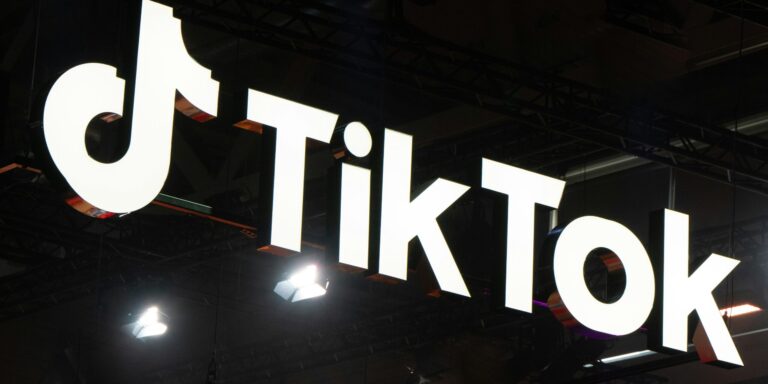Global investment giant Blackstone officially exited the consortium bidding for a stake in TikTok’s U.S. operations, citing prolonged regulatory uncertainty and delays stemming from ongoing U.S.–China negotiations. The news, first reported by Reuters on July 18, marks another setback for the embattled deal that has struggled to secure a path forward amid escalating geopolitical tensions.
Blackstone’s departure underscores the complexity of cross-border tech deals in the current investment environment, especially those involving Chinese technology assets like TikTok. The short-video platform, owned by China’s ByteDance, has faced intense scrutiny from U.S. lawmakers over data security concerns, potential censorship issues, and national security risks. These concerns have significantly complicated any potential transaction involving American investors.
According to analysts, Blackstone’s withdrawal indicates a cautious stance in an uncertain market environment, driven by unclear regulatory directions. Analysts say investors are wary of committing large sums to deals likely to encounter extensive political scrutiny, delays, or even potential regulatory rejections. As a result, investment firms are increasingly adopting a wait-and-see approach, hesitant to pursue high-profile transactions without regulatory clarity.
Read Also: https://leadrmagazine.com/global-investment-trends-for-the-financial-year-navigating-opportunities-amidst-uncertainty/
Robert Davis, an investment analyst focusing on U.S.–China tech relations, remarked, “Blackstone’s decision is hardly surprising. It aligns with a broader trend among institutional investors, who are cautious given the unclear stance of U.S. regulators regarding Chinese tech companies operating domestically.”
Blackstone initially joined the consortium, along with Oracle and Walmart, amid former President Trump’s efforts to restructure TikTok’s U.S. ownership in 2020. At the time, Trump’s administration threatened to ban the platform outright, citing national security risks. Though an initial deal seemed to emerge, negotiations have since stagnated amid shifting regulatory positions under the Biden administration.
The Biden administration has continued to scrutinize TikTok, particularly through the Committee on Foreign Investment in the United States (CFIUS), which reviews transactions involving foreign-owned entities. While the administration has yet to finalize its stance, the lack of definitive policy has caused significant hesitancy among potential investors and partners.
The Blackstone exit could have significant implications for TikTok’s U.S. operations. It highlights an emerging trend where major institutional players opt out, potentially paving the way for smaller investors or strategic operators who are less sensitive to risk and willing to navigate ongoing regulatory uncertainty.
This shift may also create an opportunity for niche or specialized investors looking to leverage the potential upside of acquiring a stake in one of the world’s fastest-growing social media platforms. These smaller players may find it advantageous to invest now, betting that regulatory clarity will eventually emerge in their favor, thereby gaining a competitive edge over hesitant institutional investors.
Moreover, the Blackstone withdrawal emphasizes the growing importance of regulatory alignment in international business deals, especially involving technology companies that collect and process sensitive user data. According to experts, this case could set a precedent for future cross-border investments, with potential investors demanding clearer regulatory guidelines before pursuing significant deals.
Jeremy Hart, an expert on international business law, stated, “Regulatory alignment is no longer an afterthought; it’s become a prerequisite. Deals involving foreign technology companies, particularly Chinese-owned, are increasingly challenging and require a higher level of regulatory transparency and clarity.”
In addition, Blackstone’s move signals to other private equity firms that caution is warranted until the U.S. government clearly outlines its position regarding TikTok’s U.S. operations. It further emphasizes the critical need for policymakers to clarify their stance to provide certainty for investors.
Ultimately, Blackstone’s departure from the TikTok consortium highlights the broader trend toward cautious investment decisions in a politically sensitive landscape. While the TikTok deal remains uncertain, market observers will closely watch how U.S. policy unfolds, particularly as other potential investors consider their involvement.
In the meantime, TikTok continues to thrive operationally, growing its U.S. user base despite the regulatory clouds overhead. Whether or not the company will secure a stable, long-term partnership with U.S. investors remains uncertain, but Blackstone’s decision has clearly illustrated the stakes involved and the caution prevalent among major market players.


